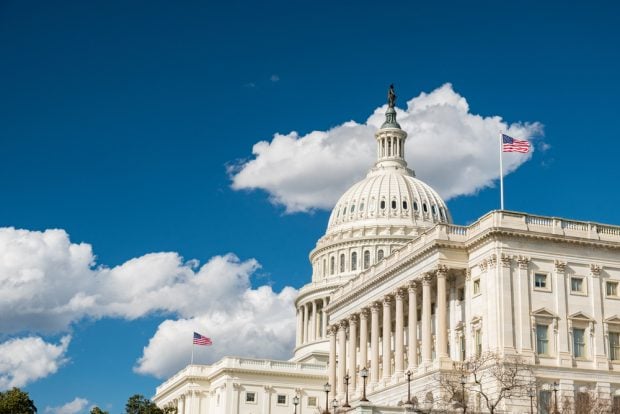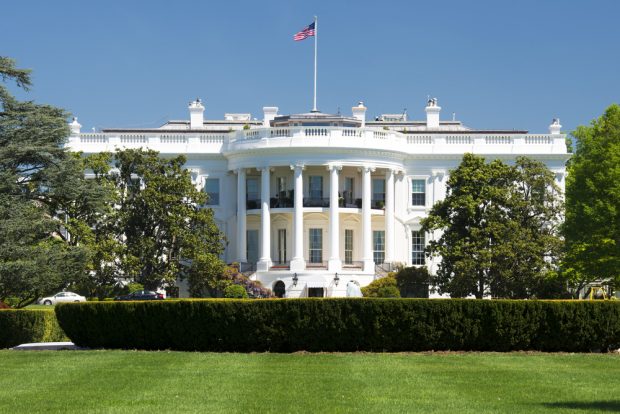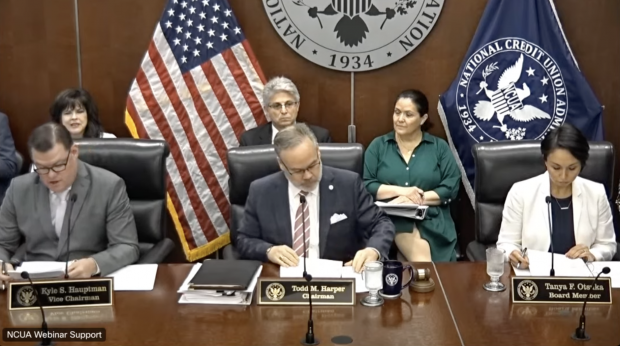 If anyone thought the Internal Revenue Service was going to bring any clarity to the longstanding kerfuffle over the credit union tax exemption, they surely were disappointed by the agency's non-response to Senate Finance Chairman Orrin Hatch (R-Utah).
If anyone thought the Internal Revenue Service was going to bring any clarity to the longstanding kerfuffle over the credit union tax exemption, they surely were disappointed by the agency's non-response to Senate Finance Chairman Orrin Hatch (R-Utah).
"The IRS doesn't want to do what Sen. Hatch proposed," Chris Cole, EVP and senior regulatory counsel for the Independent Community Bankers of America, said. "The IRS is dragging its feet."
And that means the battle between credit unions and banks is not going to cool off anytime soon.
Continue Reading for Free
Register and gain access to:
- Breaking credit union news and analysis, on-site and via our newsletters and custom alerts.
- Weekly Shared Accounts podcast featuring exclusive interviews with industry leaders.
- Educational webcasts, white papers, and ebooks from industry thought leaders.
- Critical coverage of the commercial real estate and financial advisory markets on our other ALM sites, GlobeSt.com and ThinkAdvisor.com.
Already have an account? Sign In Now
© 2024 ALM Global, LLC, All Rights Reserved. Request academic re-use from www.copyright.com. All other uses, submit a request to [email protected]. For more information visit Asset & Logo Licensing.









